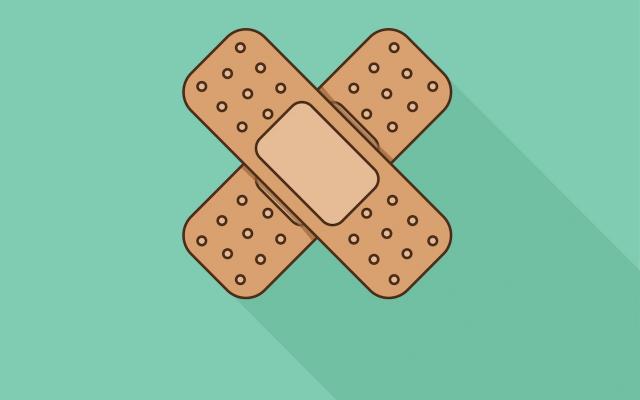Onder de titel ‘Algemene vaccinatie tegen hepatitis B’ heeft de Gezondheidsraad onlangs aan de minister van Volksgezondheid Welzijn en Sport advies uitgebracht over universele inenting van kinderen tegen hepatitis B.1 Dit advies was opgesteld omdat de Tweede Kamer in een motie verzocht had om die algemene vaccinatie in te voeren. De Gezondheidsraad concludeert dat in Nederland een subpopulatie pasgeborenen is aan te wijzen bij wie vaccinatie op zuigelingleeftijd zinvol is, maar dat algemene vaccinatie op deze leeftijd geen gezondheidswinst oplevert. Vaccinatie wordt aanbevolen voor kinderen geboren in gezinnen waarvan één of beide ouders afkomstig zijn uit landen waar de prevalentie van hepatitis B middel- of hoogendemisch is. Deze subpopulatie (het betreft circa 15 van de pasgeborenen) loopt beduidend meer kans om in aanraking te komen met het virus dan kinderen in de rest van de bevolking, onder wie het dragerschap van hepatitis B zeer laag is. Onder laatstgenoemden zal…
Algemene vaccinatie tegen hepatitis B naderbij, maar niet genoeg; advies van de Gezondheidsraad

- A Health Council Committee has advised the Minister of Health, Well-being and Sports not to implement universal hepatitis B vaccination in the Netherlands, as recommended by WHO and requested by members of the Dutch parliament.
- The Committee argued that the prevalence of hepatitis B carriers among the native Dutch population is so low (0.07) that universal vaccination is not relevant. In contrast, vaccination was advised for children from parents who had immigrated from middle- and high-endemic countries to the Netherlands, because horizontal transmission is an important route of transmission among these people, as it is in their country of origin.
- This concerns an estimated 15 of the entire population. For the rest of the Dutch population the risk of horizontal transmission was considered negligible.
- Sexual transmission was considered more important. The optimal age of vaccination to prevent sexual transmission was considered to be shortly before puberty.
- The committee concludes that, as yet, no data is available to justify universal vaccination of this age group and highlights the need for additional studies, including those into the efficacy of existing preventive programs, before universal vaccination should be implemented.
- However, it can be argued that it is unlikely that sufficient information will be available for at least another five years, and it is certain that the risk of sexual transmission will increase during this time.
- Universal childhood vaccination is an investment in the youth which will pay out in the future, and which should therefore not be postponed.




Reacties